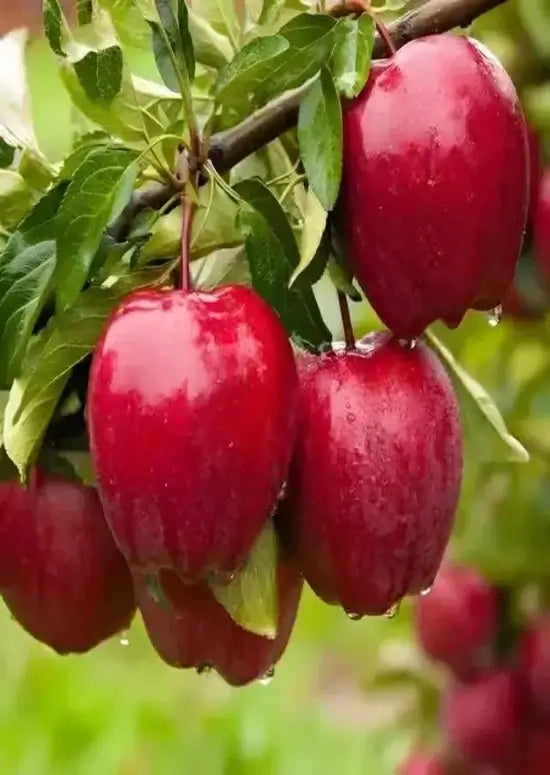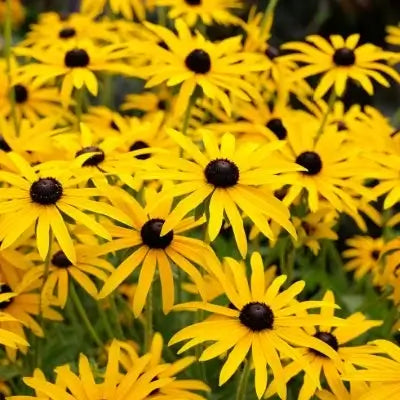A Garden That Keeps On Giving
A sustainable garden is a gold standard for a homeowner. It provides a beautiful and natural setting to highlight and enhance the house's look, provides niches and nooks for privacy and play, and can provide a bounty for the kitchen.
All this beauty returns yearly as the garden matures and requires minimal maintenance if adequately planned and established. But You must make some choices to succeed at the start of the process.
All gardens start with understanding and developing the soil. Knowing the property's pH, soil texture, drainage, and topography is essential to garden planning. Some plants will grow in almost any soil type, but selecting these viable and long-lived plants requires knowing their growing environment. Azaleas are beautiful but need well-drained, acidic soil. Lilacs and clematis are also beautiful, but alkaline soil is preferred. Some plants, like crepe myrtles, do well in most soils. Regardless of the soil test results, almost every soil should be improved by adding compost, manure, and mulch. These provide organic matter and nutrients to the soil and should also be added to the annual maintenance program.
Developing the soil is the tedious but necessary part of the process, but it leads to the rewarding part: selecting and planting the garden. The choices for plantings are almost overwhelming, with every size, shape, color, and texture available. The good news is that they can be broken down into several general types.
Trees are the foundation statement for any garden or home site. Trees provide shade and usually define the rest of the garden surrounding them. They can be significant specimen plants such as oak or elm trees or smaller, more intimate plants such as fruit trees that do not tower over the property. A key consideration about fruit trees is that some varieties are self-pollinating (peaches) while others require two or more pollinating types (apples and pears). Thought should also be given to the use of the fruit produced. Two pear trees can produce more fruit than most families can consume.
Shrubs tend to be border plants that define the boundaries of various areas. Oddly, there needs to be a precise definition of what a shrub is. They are any plant that does not exceed twenty-five feet in height. They can be "woody" like crepe myrtles or more "grassy" or "Viney" like liriope and grapevines. Many of these can grow well along fence lines or on trellises.
Perennial plants are the cornerstone plants for specific areas. They return every year with a show of flowers and color. Bulbs are an excellent choice to start a garden and can be selected to provide blooms throughout the growing season, from early spring to late fall. You can place lantanas, caladiums, begonias, rosemary, and hostas in open sun or shady nooks.
Berry plants are often overlooked as a garden staple. Berries are sensitive to the soil and weather conditions of the area and should be selected carefully. They provide an excellent show of flowers followed by delicious fruits that can be canned and preserved or left for the birds and local animals to eat.
A sustainable garden is desirable in almost every location and is achievable with careful planning and thought. Actual plant selections should be those recommended for your area. A garden professional or county extension agent can supply a list of plants most suitable for your area. Once the garden is established, it will keep giving yearly.




































































































